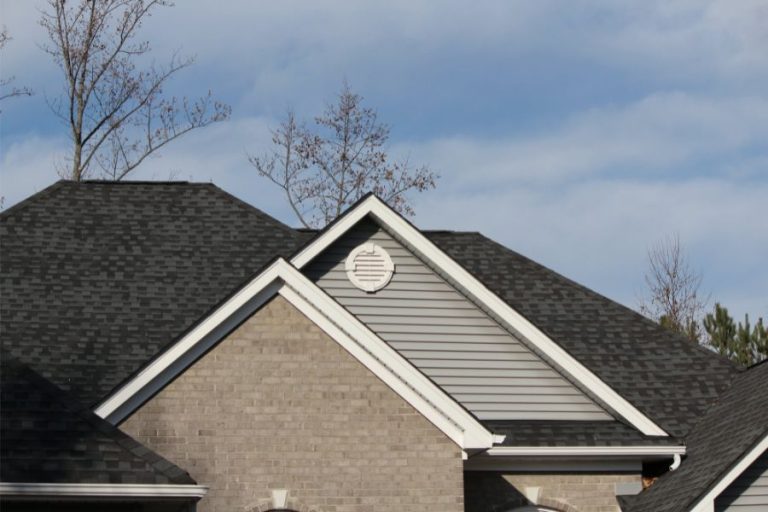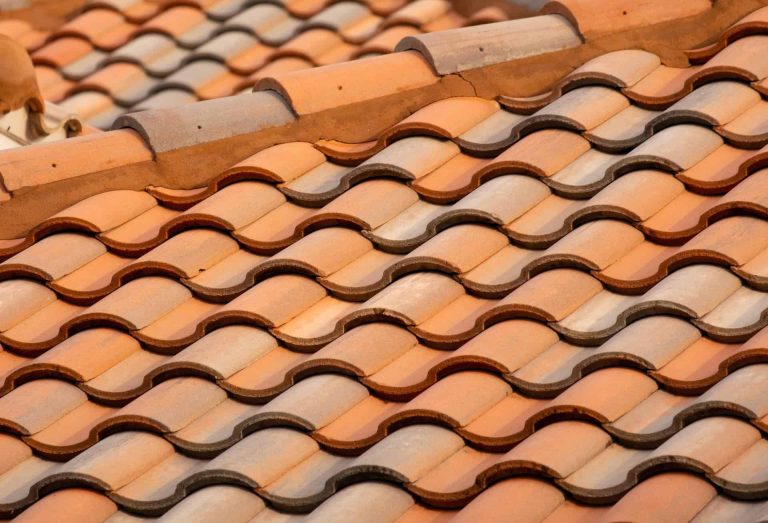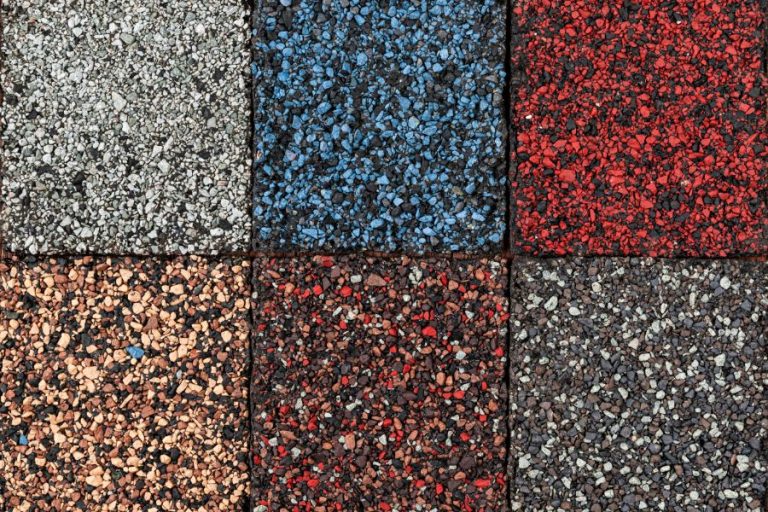How Synthetic Roofing Compares to Traditional Materials
Any building must have a roof because it protects the interior from the outside elements and prolongs the life of the building. With advancements in technology, synthetic roofing materials have become more popular, challenging traditional materials such as wood, clay, and asphalt.
This article seeks to compare synthetic roofing materials to traditional ones, highlighting the pros and cons of each.
Durability
One significant advantage of synthetic roofing materials is their durability. Synthetic materials are created to survive weather conditions like rain, snow, and hail, unlike conventional materials that are vulnerable to deterioration from these elements.
For instance, synthetic tiles are made from high-grade plastic, making them resistant to fading, chipping, and cracking. They also endure longer than conventional materials—some of them for up to fifty years, as opposed to twenty to thirty years for asphalt shingles.
Maintenance
Traditional materials such as wood and slate require regular upkeep, including cleaning, sealing, and painting, to avoid rotting and decay.
On the other hand, synthetic materials require minimal maintenance, with occasional cleaning being the only necessary upkeep. They are also easy to install and replace, reducing the cost and time spent on maintenance.
Cost
While synthetic materials may have a higher upfront cost, they offer more value in the long run. For instance, while asphalt shingles are cheaper than synthetic tiles, they require frequent replacements, resulting in higher costs over time.
Synthetic materials are also lightweight, reducing the cost of installation and transportation.
Aesthetics
One area where traditional roofing materials have an edge over synthetic ones is aesthetics. Natural materials such as wood, slate, and clay have a timeless and classic look that adds character and charm to a building.
However, synthetic materials have come a long way in mimicking the appearance of traditional materials. Technology advancements have made it feasible to produce fake slate, clay, and wood-like tiles, providing homeowners with more options.
Environmental Impact
The environmental impact of roofing materials is an increasingly important consideration for many homeowners. Due to the manufacture and disposal processes, conventional roofing materials like metal sheets and asphalt shingles have a significant negative environmental impact.
On the other hand, synthetic roofing materials are eco-friendly, made from recycled materials such as plastic and rubber. Additionally, they last longer, requiring fewer replacements over time and producing less waste.
Installation
The installation process is another aspect to consider when comparing synthetic and traditional roofing materials. Synthetic materials are lightweight and easy to install, reducing the time and cost involved in installation.
Traditional materials, on the other hand, require skilled labor and may take longer to install, resulting in higher installation costs.
Fire Resistance
Fire resistance is a critical factor to consider when selecting roofing materials. Synthetic roofing materials such as plastic and rubber are naturally fire-resistant, making them safer than traditional materials such as wood, which are highly combustible.
However, some synthetic materials may release toxic fumes when exposed to fire.
Noise Reduction
Roofs can contribute significantly to noise pollution, particularly during heavy rainfall or hailstorms. Synthetic roofing materials have been engineered to reduce noise levels, while traditional materials such as metal and slate tend to amplify noise.
Homeowners in noisy areas may prefer synthetic materials for their noise-reducing properties.
Conclusion
It is evident that synthetic roofing materials have emerged as a viable alternative to traditional ones. Regardless of the choice made, it is essential to choose high-quality materials and hire a professional contractor to ensure a long-lasting and secure roofing system.
Upgrade your roofing system with synthetic roofing in Charlotte from Weather Roofing—one of the premier roofing companies in the area. Our team is committed to providing top-of-the-line roofs and being your go-to local roof guides. Choose Weather Roofing today and experience the difference for yourself!








